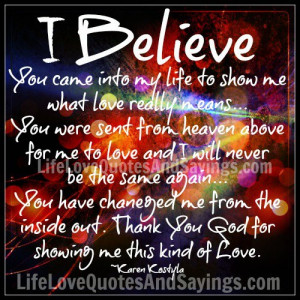

Their eldest son, Tommy, had been killed in a car accident. During those seven hours, I was at once terrified that I might not survive the surgery, hopeful that I might regain my life, and grateful that I was being given this incredible gift.Īnd sad, deeply so, because I knew my chance at life meant that someone had died.Īcross the Bay, two parents were having a very different night. I had to wait until morning for the surgery. In minutes, she was sitting next to my bed.
DEATH SAVED MY LIFE CRACKED
My voiced cracked as I told my wife they had found a heart for me. I punched the numbers on the phone next to my bed. With tears in my eyes, I said I wanted the heart.

In the course of our brief exchange, it hit me. The doctor, standing in my doorway, raised his eyebrows, glanced at the many beeping machines keeping me alive, and smiled. Marc Pelletier, would perform the surgery. “We have a heart for you do you want it?” on May 2, 2001-eight weeks after my diagnosis-a doctor opened the door of my hospital room. I even prayed for rainy nights, which would increase the possibility of accidents and donors. I pictured camping with my wife, Kendall, in the Sierras.
Would I get a heart in time? As I passed in and out of consciousness, I heard stories about people on my floor who were also waiting for hearts. The doctors listed me for a transplant, and the wait began. In a matter of weeks, I lost nearly half my body weight, my lips turned blue, and my skin took on a yellowish hue. I was admitted to Stanford University Medical Center, and my condition continued a rapid decline. The doctors weren’t sure when I would need the transplant it could be eight years or eight months. The doctors didn’t know why, but my heart’s ability to pump blood was so diminished that I needed a new heart. The diagnosis was idiopathic dilated cardiomyopathy. I’d been a college athlete and marathoner. I was 28, a professional living in Palo Alto, six months into my marriage, when I suffered a stroke in my sleep.


 0 kommentar(er)
0 kommentar(er)
